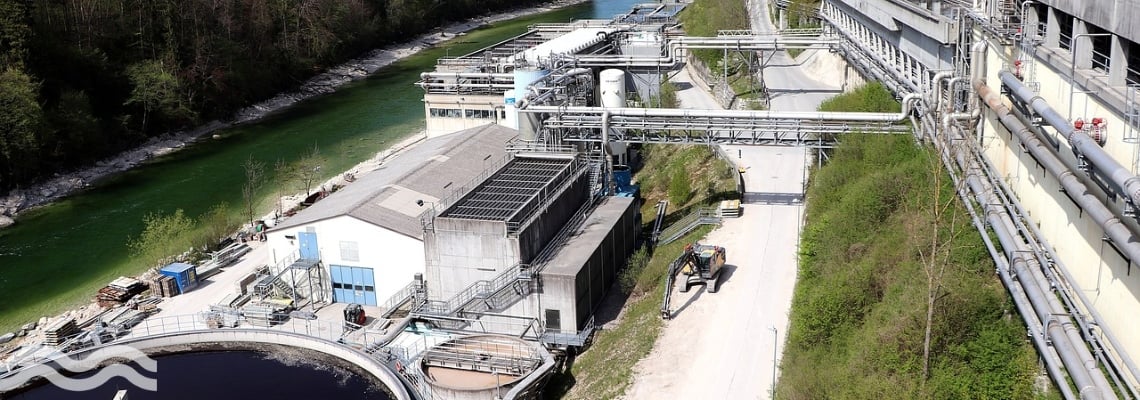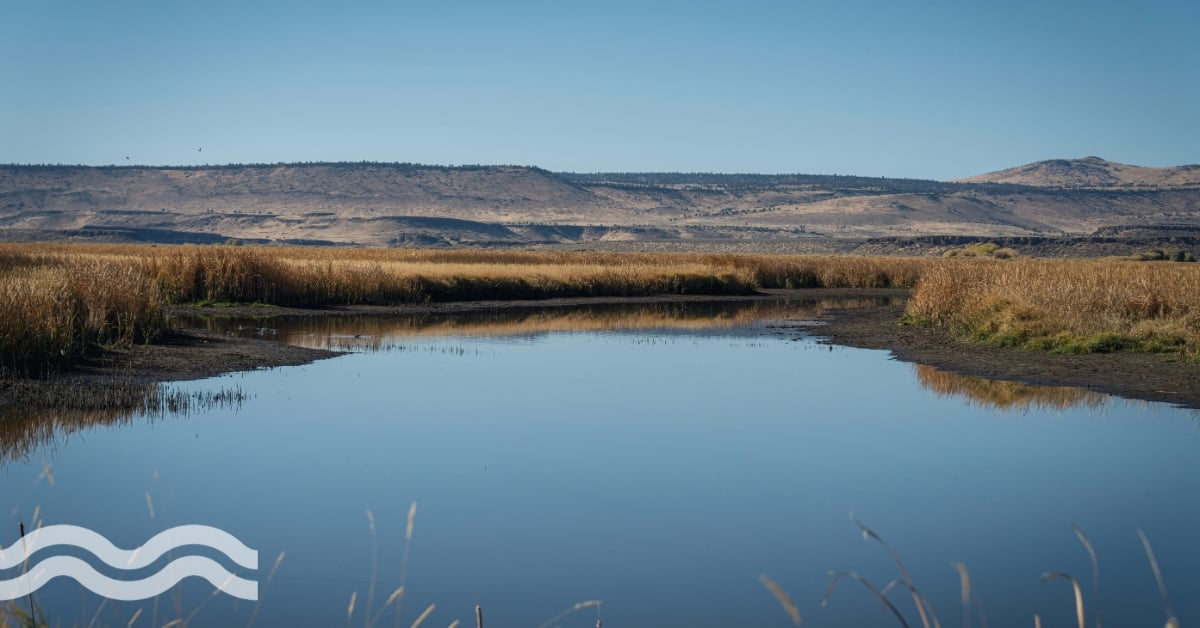Carbon removal investment boosts credit market

The integration of carbon removal into existing wastewater infrastructure will accelerate at a significantly faster pace and scale with investment from a climate-focused coalition that includes global retail and tech giants among its members.
Investment boosts carbon removal offtake agreements
Frontier’s members will buy €77 million of carbon credits from two separate firms, including from CREW Carbon, a US-based company that uses engineered enhanced weathering to remove CO2 from municipal and industrial wastewater systems.
CREW Carbon's technology uses and enhances minerals to treat, remove and store CO2 at wastewater treatment plants (WWTP). The company partners with WWTP's to leverage existing infrastructure and to optimise biological treatment to remove the large amounts of CO2 present in WWTPs, using a proprietary carbon monitoring, reporting, and verification (MRV) system, which was developed through years of research at Yale University.
In total, Frontier members will pay CREW Carbon to remove 71,878 tons of CO₂ between 2025 and 2030.
Hannah Bebbington, head of deployment, Frontier told media: “Carbon removal isn’t just about developing entirely new technologies from the lab, but also building on existing industrial expertise and infrastructure. CO280 and CREW show how we can flip the switch on carbon removal in industrial processes, enabling big scale, fast.”
How does CREW remove carbon?
Wastewater plants generate carbon emissions from the break down of organic waste matter through microbial action. CREW Carbon uses the addition of fine-grained alkaline minerals, such as limestone, which react with carbon dioxide, capturing it as the more stable, aqueous bicarbonate ion.
The MRV monitoring system deployed at the inlet and outlet of the plant allows for robust quantification of the amount of carbon captured within the treatment process. The resulting dissolved bicarbonate is then safely discharged to oceans, rivers, or the subsurface where it is stored for thousands of years.
In total, Frontier will pay €31 million, or €432 a ton to CREW Carbon. However, Frontier estimates that the approach taken by CREW Carbon is scalable to achieve 500 million tons of carbon removal per year at a cost of less than €96 a ton.
Dr Joachim Katchinoff, co-founder and CEO, CREW Carbon told media: “Securing this offtake with Frontier buyers enables CREW to accelerate the integration of carbon removal into existing wastewater infrastructure at a significantly faster pace and scale. This agreement not only allows us to expand our existing CO₂ removal projects but also benefits the wastewater sector by enabling safer and efficient wastewater treatment.”
He added: “Frontier’s support validates our mission to deliver measurable, permanent, and scientifically robust carbon removal today. This opportunity enables CREW to develop carbon removal in closed-system wastewater plants while informing how we do alkalinity-based carbon removal in open-systems across Earth’s water cycle.”

Frontier coalition members invest in carbon capture
Frontier was founded by Stripe, Google, Shopify, and McKinsey Sustainability. The carbon credit purchase also included members Autodesk, H&M Group, Workday and Salesforce, with further purchases made by Aledade, Canva, Match Group, Samsara, SKIMS, Skyscanner, Wise, and Zendesk via Frontier’s partnership with Watershed, a carbon removal platform provider.
As well as buying credits from CREW Carbon, the investors also bought offtake agreements from CO2080, a US-based company that develops Biomass Carbon Removal and Storage (BiCRS) projects at pulp and paper facilities.


.jpg?h=628&iar=0&w=1200)